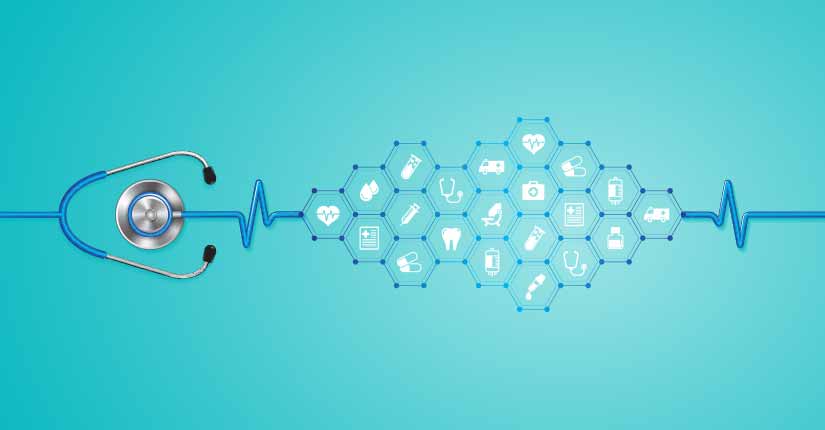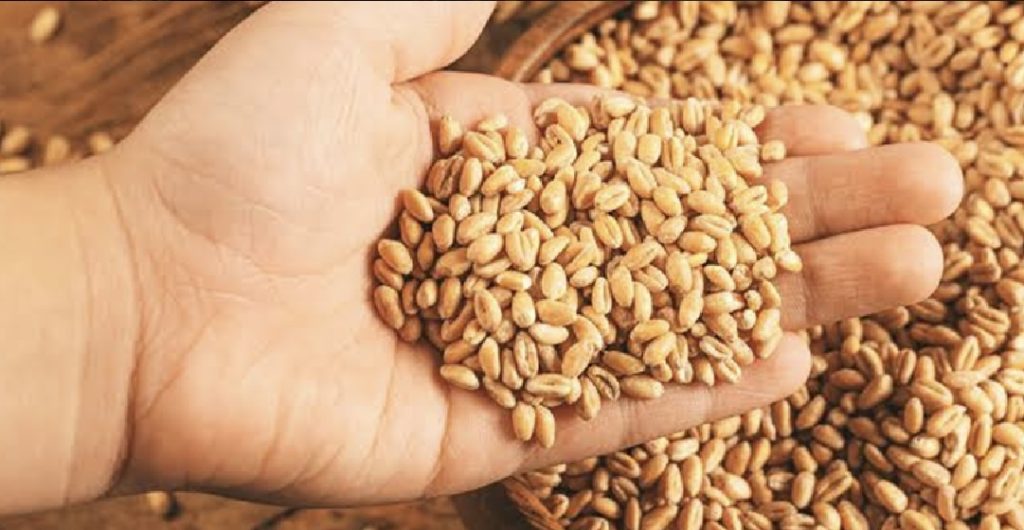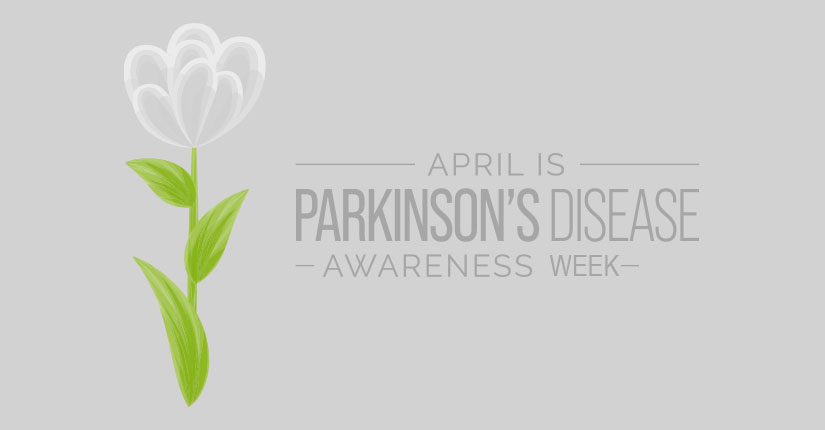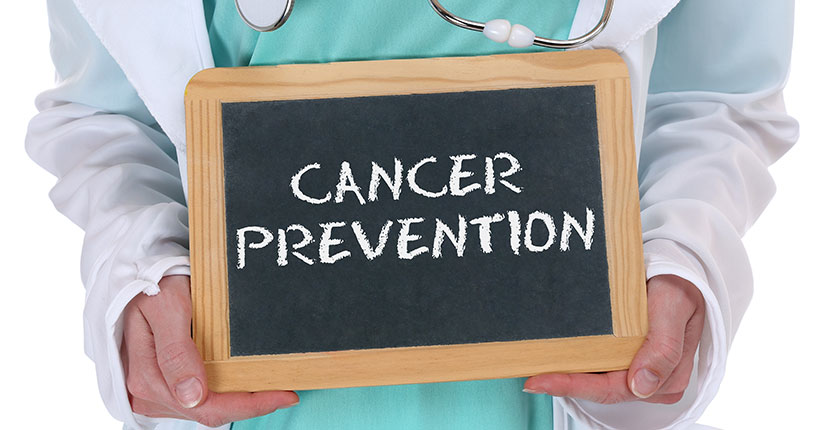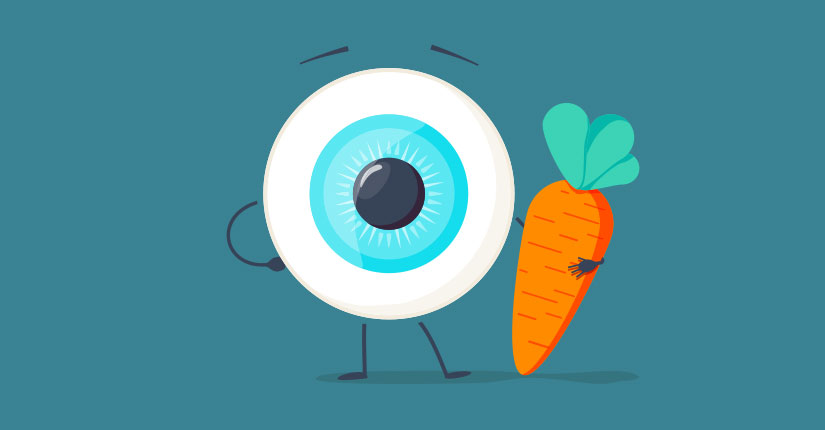Health for all
By Nmami Agarwal 03-Apr 2023 Reading Time: 8 Mins
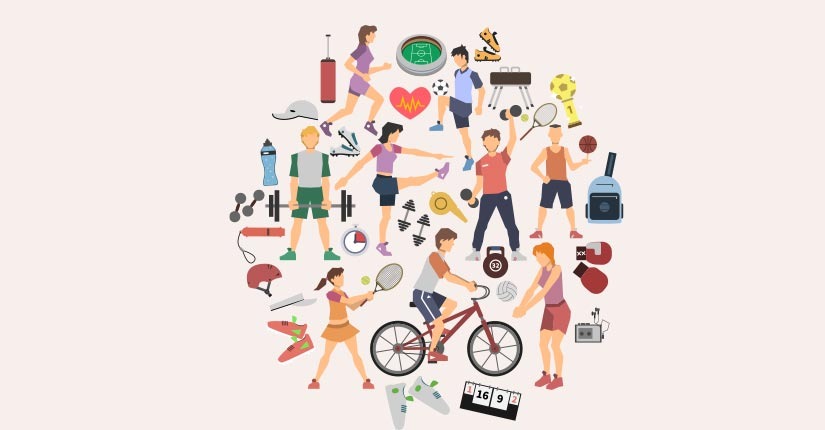
There is a very good saying that goes,
“ Health is like money, we never have a true idea of its value till we lose it!”
Good health starts from the time the baby is in the womb. A mother has to eat nutritious food so that the baby born is healthy. To become a healthy adult, a child has to eat right for proper physical and mental development.
There are seven stages a human moves through during his or her life span. These stages include infancy, early childhood, middle childhood, adolescence, early adulthood, middle adulthood and old age.
Health during infancy (0-1 year)
Infancy is a stage of rapid growth and development – both cognitive and social.
Following are some ways to ensure that the infant reaches the developmental milestones and maintains good health –
- Exclusive breastfeeding up to 6 months of age.
- Vaccination as per the pediatric chart.
- Introduction & initiation to malted foods & variety of fruits and vegetables
- Talking/communicating to the child, sensory stimulation
- Hugging, holding, displaying affection and love
Health during childhood (1 year – 12 years)
An exciting period where the child develops walking, talking, playing, socializing, selecting the foods as per likes/dislikes etc. All these developments require a lot of stimulation, good nutrition and so on. Here are some basic needs for a healthy childhood –
- Exposure to a wide variety of foods to prevent fussiness and to cater to the increased nutritional needs
- Physical activity or involvement in outdoor sport for at least 30-45 minutes (age dependent) every day for good musculoskeletal development.
- Sufficient age-appropriate sleep for memory, repair and recovery.
- Environmental stimulation like going to school, reading, and learning new languages or art forms.
- Social development – playing with peers, and building relationships with family and friends.
Health during adolescence (13 years – 18 years)
Adolescents experience rapid physical, cognitive and psychosocial growth. This affects how they feel, think, make decisions, and interact with the world around them.
Puberty, which also happens during adolescence, is the period of maturation where sexual organs mature. Rapid changes in the body can be exciting, scary, and/or confusing.
Healthy adolescents can become healthy adults in the following ways –
- Two extreme nutritional issues during adolescence are obesity and eating disorders, both of which can have negative physical and psychological effects on youth. Hence a balance of calorie intake and the inclusion of nutritious home-cooked food goes a long way in maintaining good health.
- The Physical Activity Guidelines for Americans recommends that children and adolescents ages six to 17 to 60 minutes or more of moderate-to-vigorous physical activity daily.
- Getting enough sleep during adolescence is crucial for optimal physical and cognitive development. In general, adolescents need an average of nine hours of sleep every night to feel rested.
- Abstract reasoning and adolescent rebellion are typical types of adolescent behaviour and are a part of psychosocial development. Patient handling, counselling and support by family members is an important aspects of adolescent health.
Health during adulthood (18 – 60 years)
Adulthood involves career, marriage, family, and society – all the aspects which shape personality, health and emotional wellbeing.
This is when many health problems start affecting the quality of life. Hence various lifestyle and behavioural modifications become the priority for good health.
- Eating a balanced diet with adequate age-appropriate nutrition
- Extra care and nutrition during pregnancy and lactation
- Minimum of 30 minutes of physical activity daily with an emphasis on weights, resistance and cardio.
- Fixed timings for meals, sleep and exercise.
- Good quality 7-8 hours sleep daily
- Destressing by yoga/breathing exercises/meditation or indulging in a hobby.
- Routine health checks especially if there is a family history of any disease.
- Avoid smoking and restrict alcohol.
Health during old age (60+ years)
Our organs change as we age, reducing their efficiency. For example, bones shrink in size and density making the elderly more prone to fractures. Arteries and blood vessels thicken, putting a strain on the heart to pump harder. There is a decline in memory and cognitive skills.
Following lifestyle measures for gaining a good quality life in the elderly –
- Reduce the calorie intake since our body does not require too much.
- Maintain an ideal weight
- Get regular health checkups done.
- Continue walking and minimal exercises like stretching to prevent muscle wasting or sarcopenia
- Get enough rest, sleep at night and take an afternoon short nap
- Socializing – helps to prevent depression and is a good coping mechanism for the empty nest syndrome.
- Involve in household activities – cooking, gardening etc.
- Play games that stimulate thinking like puzzles, sudoku etc to prevent cognitive decline.
Eating healthy, good exercise, proper sleep, and de-stress by socializing are the pillars to have good health right from infancy to old age.
Also being mindful of your health, and routine health checks help to prevent any major health concerns thereby giving a good quality of life that one can enjoy.
This World Health Day, let us pledge to take care of one’s health to make for a healthy society and a nation with healthy individuals!

